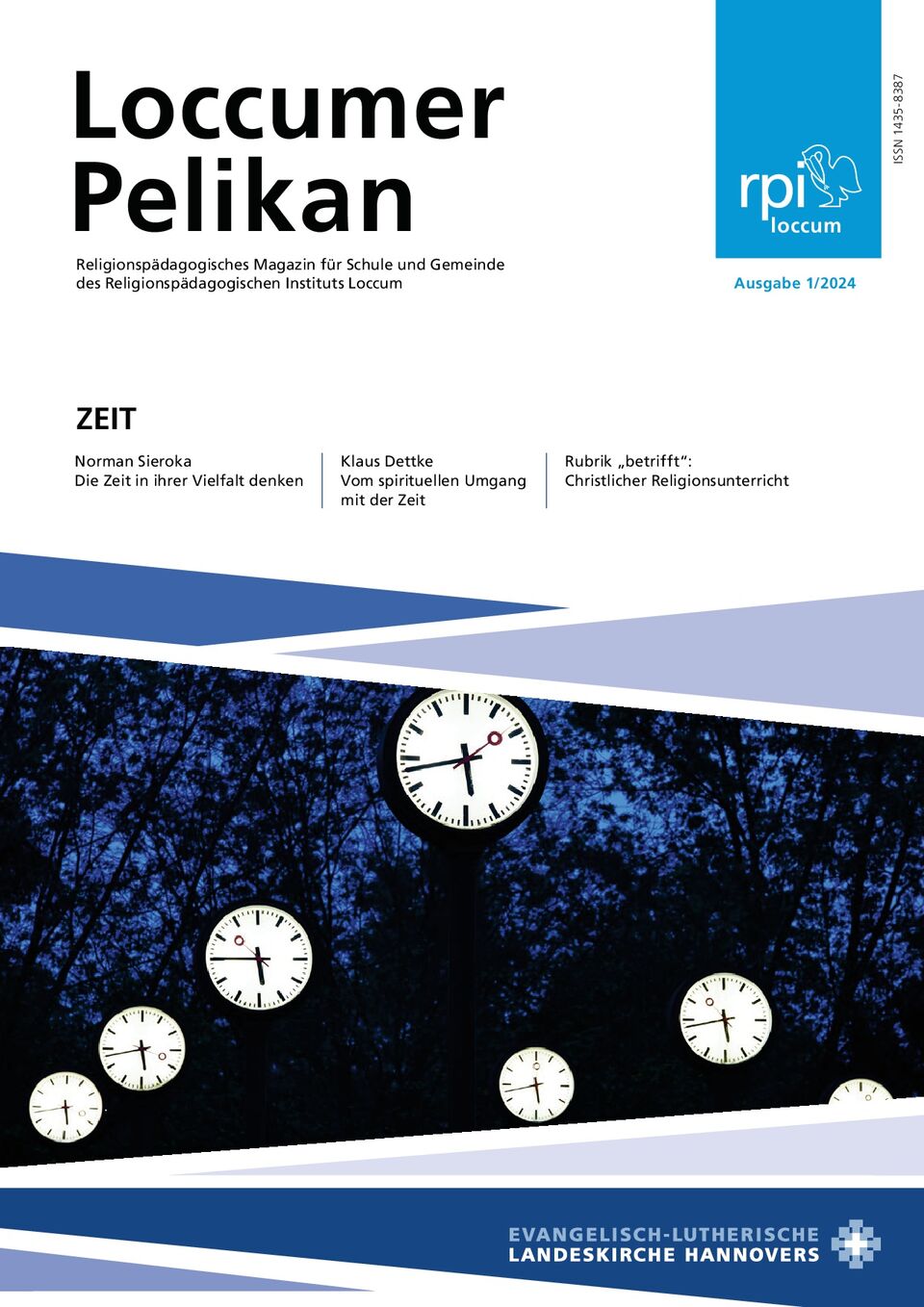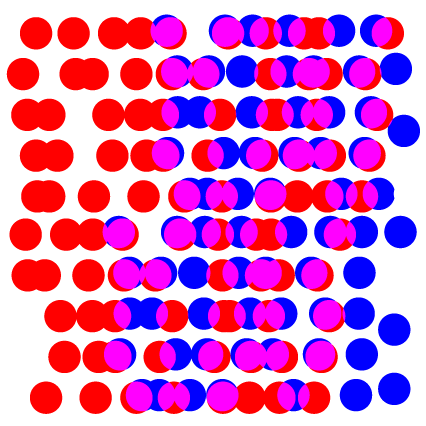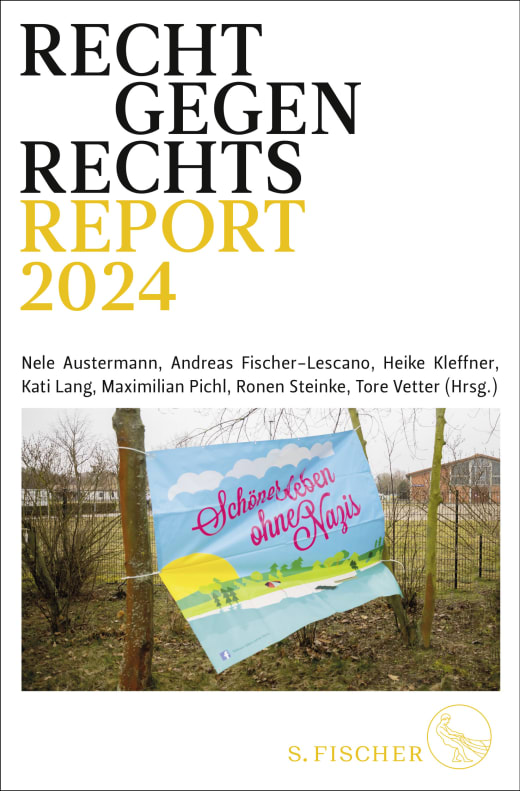Articles & Papers
-
 Die Zeit in ihrer Vielfalt denken – Anmerkungen aus philosophischer Perspektive
Die Zeit in ihrer Vielfalt denken – Anmerkungen aus philosophischer PerspektiveCorona infections, childhood memories, presidential elections, avalanches: everything we experience and witness and all external events can be ordered in time – according to their succession. Time is therefore an ordering parameter, or dimension, of events. There is disagreement about what else time is on the “battlefield of eternal disputes” – as Kant once called philosophy (or more precisely: metaphysics): Is time relative or absolute? Is it continuous or discrete? Is it a substance in its own right or is it constituted by relationships between events?
-
 Decolonization Through Decolonial Reforming
Decolonization Through Decolonial ReformingThe need for reform of the global health system is openly on the table. Many stakeholders agree that the WHO has not been able to adequately address the political and social problems, global health emergencies triggered or exacerbated by epidemics and pandemics, malnutrition, and access to clean water in recent years. Against this backdrop, there is a widespread call for more equity and solidarity in the global health system.
-
 Towards Equity and Decolonization? An Introduction into the Blog Debate on the World Health System after the Pandemic
Towards Equity and Decolonization? An Introduction into the Blog Debate on the World Health System after the PandemicThe COVID-19 pandemic exposed systemic problems in the global health system. It revealed that the global health system perpetuates global health inequalities rather than effectively reducing them: The international community, particularly the countries of the Global North, failed to make COVID-19 vaccines widely available to the populations of the world’s poorest countries. This blog debate takes stock of the reform debate about a just and decolonizing transformation of the health system. Bringing together scholars from various disciplines, the contributions of this debate ask what a fair global health system could look like and what role the law plays in it.
-
 Was lange währt, wird endlich gut? Staatsanwaltschaft braucht drei Anläufe und fast drei Jahre, um gegen einen Neonazi vorzugehen, der erkennbar gegen Jüd:innen hetzt
Was lange währt, wird endlich gut? Staatsanwaltschaft braucht drei Anläufe und fast drei Jahre, um gegen einen Neonazi vorzugehen, der erkennbar gegen Jüd:innen hetzt
-
 Nachhaltig nicht-nachhaltig. Rechte indigener Gruppen im Freihandelsabkommen EU-Mercosur
Nachhaltig nicht-nachhaltig. Rechte indigener Gruppen im Freihandelsabkommen EU-MercosurEuropean demand for raw materials is growing as part of the energy transition. Many of the raw materials required for the energy transition are located on the territories of indigenous peoples, which often leads to conflicts. Against this backdrop, it is surprising that the planned agreement between the EU and the Mercosur states does not contain any provisions regarding the participation and protection of indigenous peoples. A reference to such provisions, in particular from ILO Convention 169, would be required under international law and would help to make the conflicts and contradictions of the concept of sustainability negotiable.